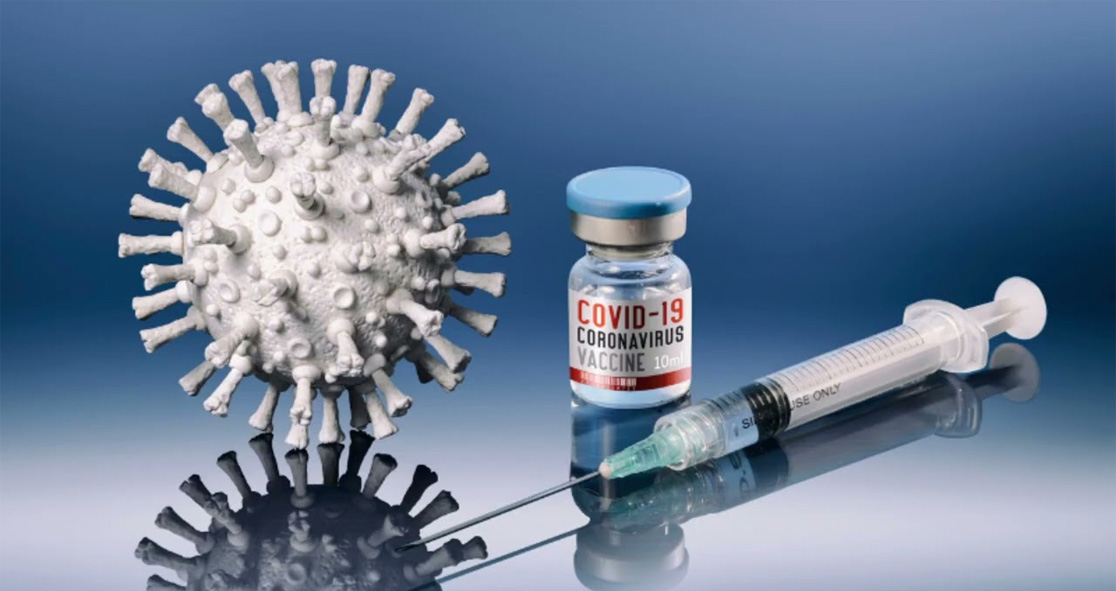Researchers from Indiana University’s Observatory on Social Media (OSoMe) have found that COVID-19 misinformation posted online was linked to vaccine hesitancy and lower vaccination rates in some areas of the United States, according to Medical Xpress.
The research, published Tuesday in the journal Nature Scientific Reports, also found that some counties with more vaccination hesitancy were more likely to have a higher number of Republican voters or Black residents.
The authors looked at the relationship between misinformation, behaviors, and health outcomes, specifically the way misinformation online correlates to COVID-19 vaccination rates and vaccine hesitancy.
OSoMe Executive Director John Bryden said, “Misinformation is generally assumed to have a big impact on behavior, but there are few studies that investigate this topic. We hope this work adds to the picture.”
In 2021, the team developed a publicly available dashboard called CoVaxxy to explore the association between misinformation on Twitter and attitudes about COVID vaccination. They used the dashboard to collect data from Twitter between January 4, 2021, and March 25, 2021.
OSoMe Director Filippo Menczer said the timeline was chosen because once the vaccine became available to everyone, the issue was no longer supply but demand.
Vaccines have been playing a key role in fighting the COVID pandemic. It is important that populations must reach a threshold rate to achieve herd immunity. However, vaccine misinformation claims such as they genetically manipulate the population or contain microchips that interact with 5G networks were spreading online, the researchers said.
The researchers wrote more than “22 million individual responses to daily surveys on Facebook in February and March 2021 found high levels of vaccine hesitancy, with about 40 to 47% of American adults hesitant to take the COVID-19 vaccine.”
In addition, they found that political partisanship was associated with lower vaccination rates, especially in conservative areas. States and counties with a higher number of Republican votes showed higher levels of misinformation, greater vaccine hesitancy, and lower vaccination rates.
Menczer said, “It was not initially obvious that there would be a connection with politics, but it turned out to be.”
Furthermore, Black Americans were found to have a lower vaccination rate. Menczer said, “Historical disparities in how Black people and other minorities have been treated in the U.S. health care system compared to white people could have been an additional factor contributing to hesitancy and lower vaccination rates.”
The investigators said the findings predict COVID will remain a problem in the U.S., explaining the importance of combating misinformation. They said, “While people have a constitutional right to free speech, it is important to maintain an environment where individuals have access to good information that benefits public health.”























